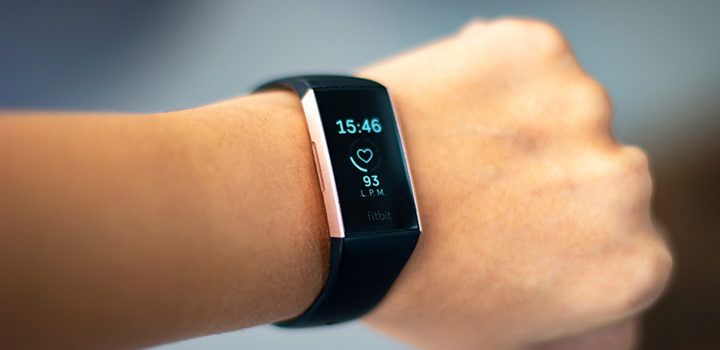

Is Health Tracking Making You Anxious? Here’s What to Do
by Shannel Elhelou
Health trackers can be a valuable tool for increasing awareness and motivation around physical activity, sleep, stress, and overall well-being. However, for some individuals, constantly monitoring health data can lead to increased anxiety rather than reassurance. Understanding the potential stressors and recognizing when to take a break can help foster a healthier relationship with these digital tools.
Why Do Some People Feel Anxious About Their Health Data?

Small fluctuations in metrics like readiness levels, heart rate, sleep patterns, or stress levels should be expected, but some may misinterpret this data as signs of a health problem. Interpreting data without proper context or medical expertise can lead to increased stress about potential health issues. Additionally, the pressure to meet daily targets can create feelings of failure or stress when goals aren’t achieved. Over time, this hyper-focus on numbers can shift attention away from internal bodily cues, reinforcing a cycle of worry and compulsive checking.
Who Is More Likely to Experience This?
Individuals with a history of health anxiety may be particularly vulnerable, as they may interpret minor bodily changes as signs of illness. Perfectionists and those with obsessive-compulsive traits may become rigid about meeting tracking goals, leading to compulsive checking and possibly increased distress. Additionally, individuals with a history of disordered eating or compulsive exercise may also develop an unhealthy relationship with tracking, using the data in ways that reinforce harmful behaviors.
What Are the Signs It’s Time to Step Away from Tracking?

Frequently checking metrics throughout the day can signal an unhealthy preoccupation, shifting focus away from intuitive health habits and overall well-being. It may be time to take a break from tracking if checking data feels compulsive or anxiety-provoking. Signs include:
- Feeling frustrated or discouraged when numbers don’t meet expectations.
- Ignoring how the body actually feels in favor of what the tracker reports.
- Experiencing distress when unable to access health data.
- Allowing tracking to dictate mood, social engagement, or exercise decisions.
If tracking begins interfering with daily life, stepping back can help restore balance.
How Long Should a Break Be?
The length of a break depends on the individual’s relationship with tracking and the level of distress it causes. Some people may benefit from a short break, while others might need a longer period. During this time, shifting focus to intuitive movement, mindfulness, or other non-data-driven health practices can be beneficial. The goal is to develop a healthier balance where tracking serves as a tool rather than a source of stress.
Can You Return to Tracking in a Healthier Way?

Yes, but it is important that tracking feels more supportive rather than stressful. This may require setting boundaries and using the data as a guide rather than an end-all. Turning off unnecessary notifications can reduce the pressure to engage with tracking constantly. If anxiety persists, professional guidance can help develop strategies for a more balanced approach.
Brain Wellness and Lifestyle Program

Brain Wellness & Lifestyle at Pacific Neuroscience Institute
1301 20th St, #100, Santa Monica, CA 90404
Office: 213-344-2037
About the Author

Shannel Elhelou
Shannel Kassis Elhelou, PsyD, is a neuropsychologist at the Brain Wellness & Lifestyle Program at Pacific Neuroscience Institute. Dr. Elhelou is an accomplished brain health coach providing comprehensive actionable educational support to adults and older adults for healthy aging. She works with older populations affected by cognitive decline, using a combination of evidence-backed lifestyle strategies to stabilize and help revitalize brain health in the aging brain.
Last updated: February 7th, 2025